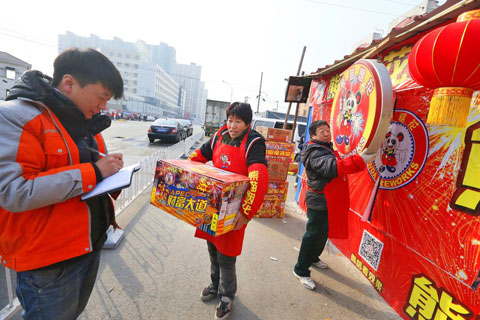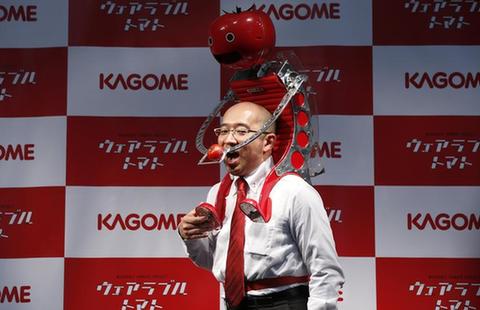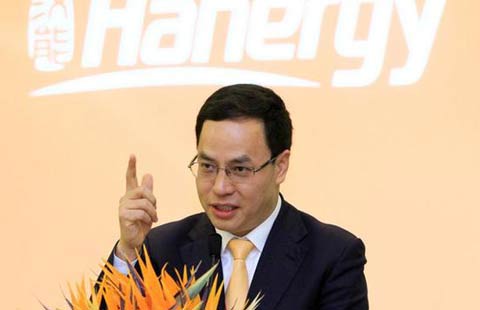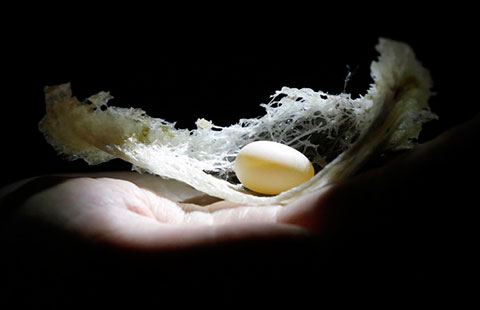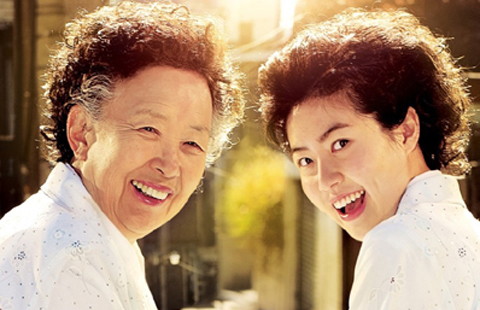Taxi-hailing merger signals shift to higher-end services
By Meng Jing / Gao Yuan (China Daily) Updated: 2015-02-17 07:29
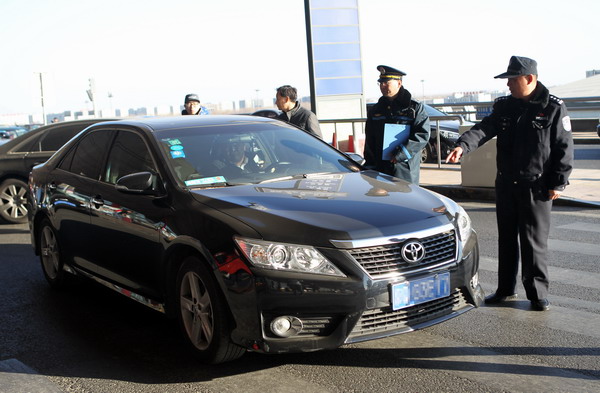 |
|
Police find an unlicensed cab offering the Didi Zhuanche service at the Beijing Capital International Airport on Monday. [Photo/China Daily] |
Kuadi-Didi venture looks to chauffeur-driven car business
The merger of China's top two taxi-hailing app providers will help the new platform, backed by Tencent Holdings Ltd and Alibaba Group Holding Ltd, to focus on the higher-end car booking business, industry insiders said on Monday.
Giving out subsidies remains the most important way to attract customers, although the merger was meant to cut back investment, they said.
Wang Xiaofeng, an analyst at consultancy Forrester Inc, said the merger will help the companies pool their resources to better develop the higher-end chauffeur business.
"The market for booking higher-end cars with professional chauffeurs online is booming in China, with a rising number of companies entering into the fray," Wang said, adding that the merger of Didi Dache and Kuaidi Dache can help the two better position themselves without wasting money in a costly subsidy war.
Didi, backed by Tencent, and Kuaidi, by Alibaba, announced on Saturday they will jointly create China's largest mobile platform for local transportation. Didi and Kuaidi spent more than 2.4 billion yuan ($384 million) on subsidies last year, according to the companies' statements. Their revenues are unclear.
The apps accounted for 99.8 percent of the nation's taxi-hailing market before the merger, according to Internet consultancy Analysys International.
"The new platform will give other players more opportunities to survive because app users and advertisers all need more options. There is no market in the world that is completely dominated by one player," Wang said.
She used the merger of Youku and Tudou, China's top two online video sites, as an example. Despite their merger in 2011, she said, many smaller players, such as iqiyi.com and the online video site of sohu.com, have seen tremendous growth in the past several years because people require diverse choices.
Although the new company will lower the amount spent on subsidies, it will still have to provide some incentives to retain user loyalty and compete with smaller players, according to Wang.
Liu Qing, a senior executive of Didi, said in an earlier interview that investment in subsidies will remain very important despite the merger. The company will focus on taxi-hailing but also chauffeur-driven vehicles, car pools and other transport services that can be arranged via mobile apps.
Lu Zhengyao, chairman and CEO of CAR Inc, a car rental company similar to Hertz Corp, told the China Business News that CAR is ready to challenge the new platform by providing chauffeur services in more than 60 domestic cities.
"The competition in the chauffeur market won't start without us," Lu said.
Taxi shortages in peak hours and late at night in big cities such as Beijing, Shanghai and Guangzhou triggered demand for high-end car-hailing services. More urban residents are willing to pay more for a taxi rather than struggle to hail cabs on the street.
Beyond Didi, Kuaidi and CAR, many providers, including Uber Technologies and Yongche.com, have launched chauffeur services in major cities.
The merger of Didi and Kuaidi could possibly trigger a monopoly investigation, as their combined turnover in 2014 may exceed 2 billion yuan, the minimum level for a formal antitrust investigation in China.
Shen Danyang, spokesman for the Ministry of Commerce, said on Monday the antitrust inspector is yet to receive a merger declaration from the companies.
An official from Kuaidi said on Monday that the combined turnover after the merging of the two companies is far from the relevant limit set by the Antitrust Law and both sides are not qualified to declare a monopoly at the moment.
- Chinese stocks close lower
- Red envelopes help WeChat capture mobile payment use
- Over 100m people exchange mobile 'lucky money' for Chinese New Year
- Beijing sees 41% fall in sales of fireworks
- Brazilian players find home in 'club China'
- China's holiday box office booms
- Hang Seng Bank profit tumbles 43 percent
- China's manufacturing activity rises to four-month high in Feb
